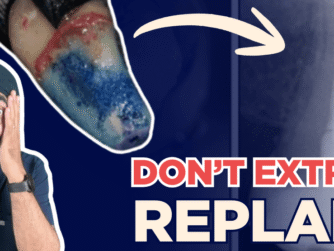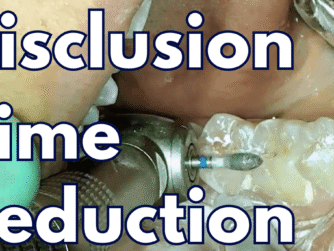Podcast: Play in new window | Download (Duration: 1:05:39 — 92.6MB)
Subscribe: RSS
Heated confrontations with patients are never fun. Nobody likes to argue, and no Dentist likes being pressured or micro-managed by patients! In this episode we cover a lot of communication gems with Dr Vy Phan that will definitely allow you to remain calm and be effective the next time you face a ‘difficult’ patient (you know who I mean!)
The Protrusive Dental Pearl: Never to say ‘No’ to patients. Instead, be tactful by pitching it and phrasing it in a different way – you are still saying ‘No’ but in a much less harsh and patient-friendly way. I give some concrete examples in this episode.
“One of the ways of gaining patient trust is education – there’s a breakdown of communication often when the patients don’t trust you and they’re not educated enough” Dr Vy Phan
This is the IntraOral Camera I was telling you about – inexpensive, high quality and a modern day necessity in my opinion. Available on Amazon
In this episode we discussed:
- Big Challenges young Dentists might face in terms of patient interactions and communications 10:30
- When to consider dismissing a ‘difficult patient’ 20:20
- Advice to young dentists when a patient questions the level of experience based on age/appearance/sex 31:08
- The ‘My Way or The Highway Approach’ 38:04
- Communication gems with Difficult Patients 46:16
- How to Write a dismissal letter to difficult patients 49:54
- Handling Patients who continually ask for discounts 59:41
Check out Dr. Vy Phan on Instagram!
If you enjoyed this, you will of course love Think Comprehensive – Communication Gems with Zak Kara








